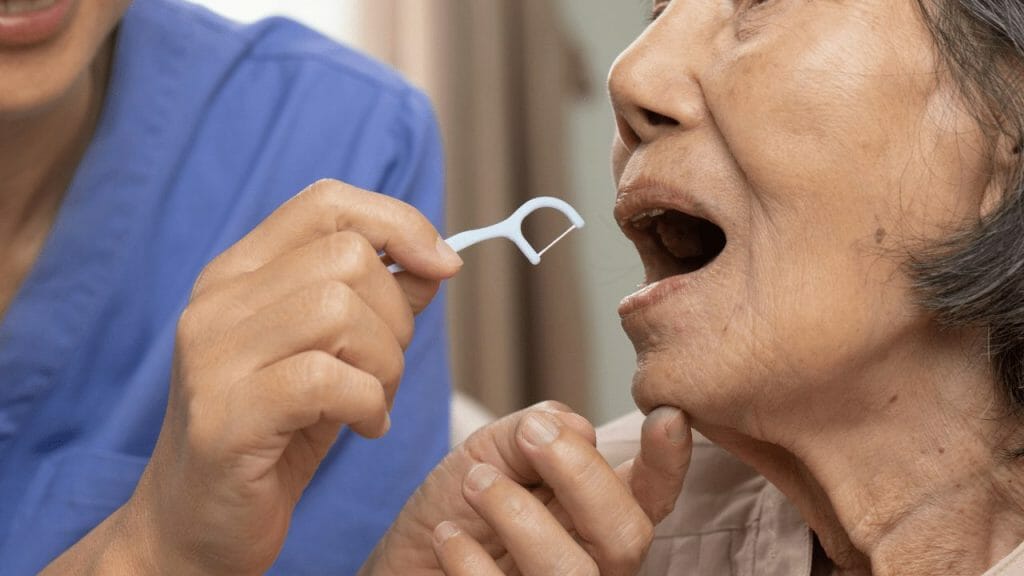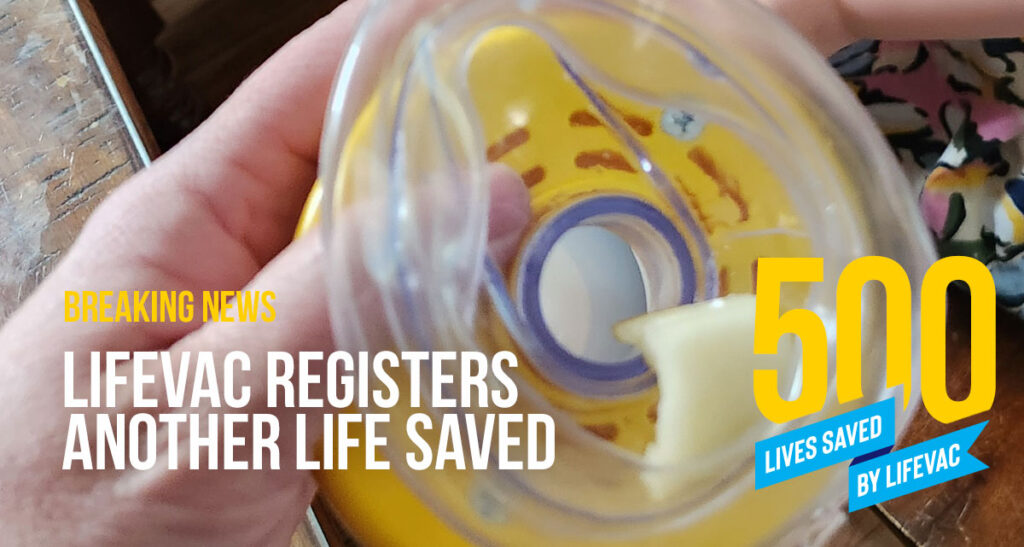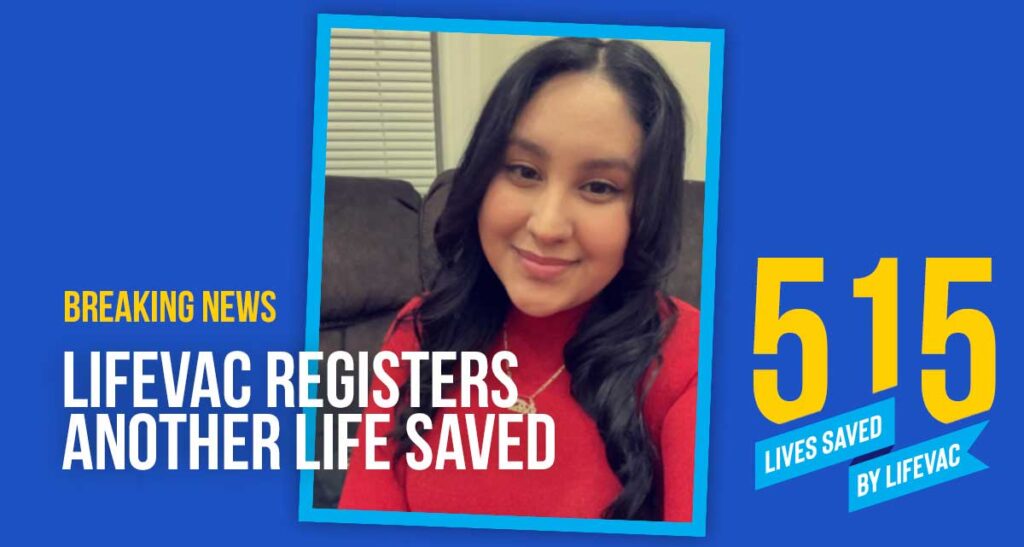As we age, our bodies undergo various changes, including our ability to swallow safely.
There are certain choking hazards for the elrderly and choking incidents are a serious concern, often leading to severe consequences, if not addressed promptly.
Thus, today we will explain why the elderly are at higher risk of choking and provide essential prevention tips.
By understanding the choking hazards and the risks and implementing preventive measures, we can help ensure the safety and well-being of our beloved seniors.
Why the Elderly Are at Higher Risk of Choking
Age-Related Changes
With advancing age, certain physiological changes occur that contribute to an increased risk of choking.
More specifically, the elderly may experience declining muscle strength and coordination in the throat and esophagus, making swallowing more difficult.
Additionally, reduced saliva production can result in a dry mouth and difficulty swallowing, while a weakened cough reflex impairs the ability to clear the airway fast and effectively.
Underlying Medical Conditions and choking hazards
According to numerous studies, many underlying medical conditions prevalent in the elderly can further increase the risk of choking incidents.
Neurological disorders such as Parkinson’s disease, dementia, and stroke can affect muscle control and coordination, including those involved in swallowing.
Furthermore, digestive disorders like gastroesophageal reflux disease (GERD) may contribute to an increased risk of aspiration.
Also, dental problems, poorly fitting dentures, or missing teeth can hinder proper chewing and swallowing.

How to Prevent Choking Incidents in the Elderly – Learn the Choking Hazards
Food and Eating Habits
Encouraging elderly individuals to adopt particular food and eating habits can significantly reduce the risk of choking.
In addition, it’s important to ensure foods are properly cooked, softened, or cut into manageable pieces that can be chewed and swallowed easily.
It is advisable to avoid hard, sticky, or dry foods that are choking hazards.
Encouraging proper chewing and swallowing, and taking time to enjoy each bite, can also enhance safety during meals.
Safe Dining Environment
Creating a safe dining environment is essential for preventing choking incidents. Minimizing distractions during mealtime, such as the TV or loud conversations, helps individuals focus on their food and eating.
Furthermore, providing comfortable seating with proper posture for eating promotes proper swallowing mechanics.
Last but not least, offering assistance or supervision during meals, if necessary, can provide added support and ensure safety.

Dental health
Maintaining good dental health is really important for proper chewing and swallowing. Regular dental check-ups and practicing good oral hygiene contribute to overall oral health.
Proper fitting and maintenance of dentures or alternatives, such as dental implants or bridges, help ensure proper chewing and swallowing.
It is important to address any dental issues promptly to mitigate potential choking risks.
Emergency Preparedness for Choking Hazards
Being prepared for a choking emergency is vital, especially when caring for elderly individuals.
Educating caregivers and family members on basic choking first aid techniques equips them with the knowledge and skills to respond effectively in case of an incident.
Keeping emergency contact numbers readily available ensures prompt access to medical assistance when needed.
Be Prepared for a Choking Emergency with LifeVac
LifeVac, the leading airway clearance device that has saved more than 1100 lives worldwide, is an essential tool in promoting the safety and well-being of the elderly.
LifeVac is FDA and MHRA registered as well as CE marked. The CE mark is a certification mark that indicates conformity with health, safety, and environmental protection standards for products sold within the European Economic Area (EEA). This suggests that LifeVac is registered and approved for use within the European Union.
The MHRA, or Medicines and Healthcare products Regulatory Agency, is a government body in the United Kingdom. It is responsible for ensuring that medicines and medical devices work and are acceptably safe. This includes everything from medicines, clinical trials, and blood and blood products, to medical devices, equipment, and materials. The MHRA is similar to the Food and Drug Administration (FDA) in the United States.
With its non-invasive and easy-to-use design, LifeVac provides a reliable solution for resuscitating victims with airway obstructions.
Its effectiveness in clearing blockages quickly and without the need for external assistance makes it a valuable addition to any emergency preparedness plan.
By having LifeVac readily available, caregivers and family members can act swiftly and confidently in critical choking situations, potentially saving lives.
Invest in the safety and peace of mind of your loved ones by considering LifeVac as a vital component of your elderly care toolkit!
To learn more about the medical anti-choking device, click here to visit our website.



